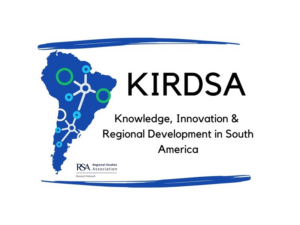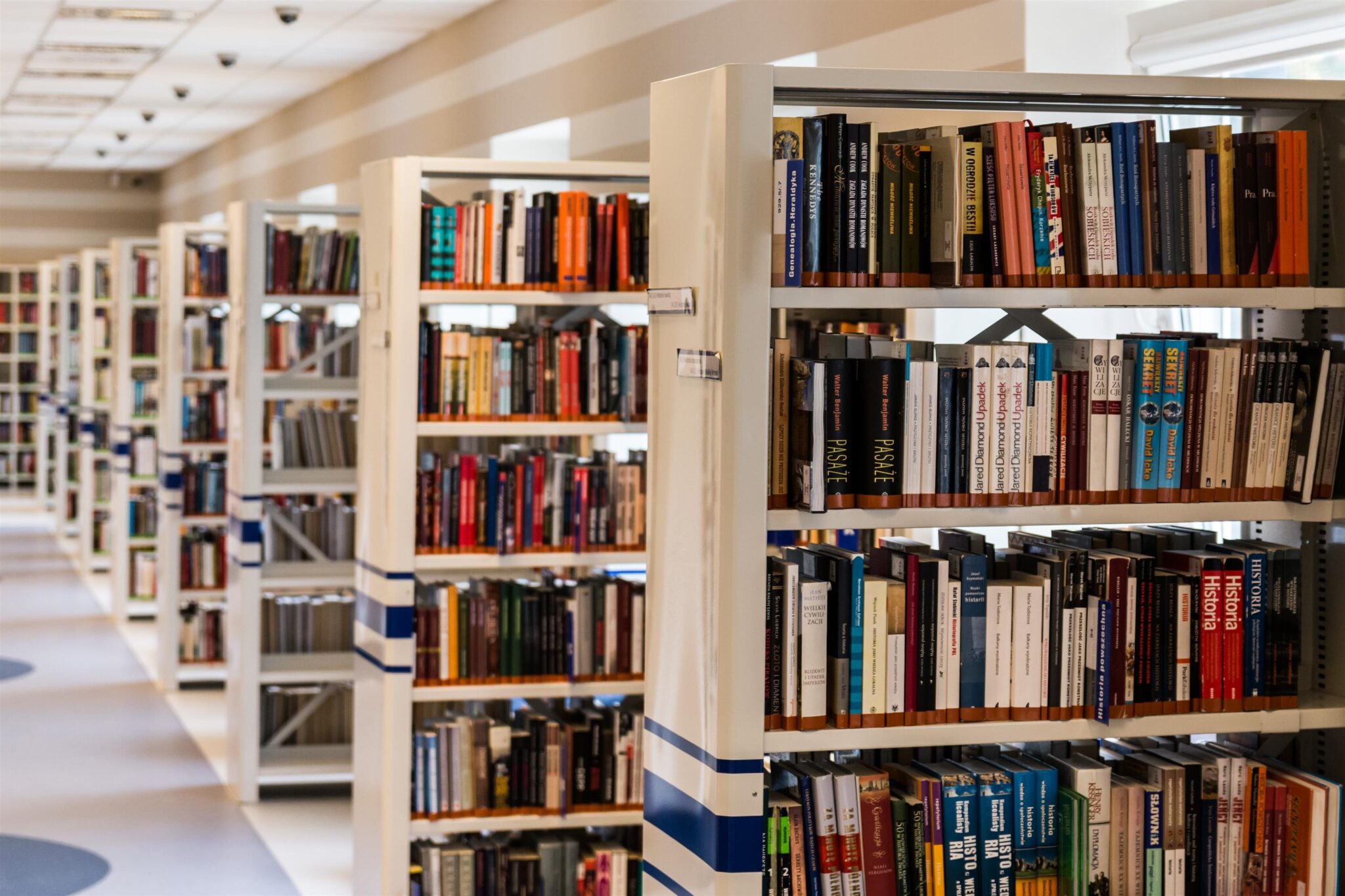RESEARCH NETWORK TITLE: Knowledge, Innovation and Regional Development in South America (KIRDSA)
EVENT TITLE: RSA Annual Conference, Special Season “SS03: Global Knowledge Flows and their Role in the Window of Opportunity for Latin America.”
Knowledge, Innovation and Regional Development in South America (KIRDSA)
This research network aims to promote research on regional development in South America, focused on knowledge flows and innovation capabilities. Knowledge capabilities are unevenly distributed within national and subnational territories in South America, a region characterised by a peripheral but significant role in global knowledge production. These countries have a rich background of research in this field, which is associated with urban development, production agglomerations, emigration fluxes, and the role of universities, among others. It is highly relevant to articulate research activities to advance our understanding of the regional development processes that promote knowledge creation and improve access to global knowledge flows. This network aims to contribute to facing these challenges by producing relevant evidence and discussing it with policymakers.

Report RSA Annual Conference, Special Season “SS03: Global Knowledge Flows and their Role in the Window of Opportunity for Latin America.”
Session Organisers:
Andrea Belmartino Università degli studi di Sassari, Italy
Pablo Galaso UDELAR, Uruguay
Sergio Palomeque UDELAR, Uruguay
Global Knowledge Flows and Their Role in the Window of Opportunity for Latin America:
Digitalisation and decarbonisation are two of the main strategies for countries to move towards sustainable and inclusive development, impacting the way goods and services are produced and distributed and lifestyles worldwide. Digital and green technologies drive both strategies. On the one hand, the digital transition infrastructure depends on critical minerals. On the other hand, the green shift paradigm, based on renewable energy technologies, is a turning point compared to previous technology paradigms, based on fossil fuel power generation technologies, as it requires significantly larger quantities of critical minerals and a wide range of them. The Latin American region concentrates a high proportion of the world’s production of some minerals needed for both transitions, which may open windows of opportunity that will depend on local capabilities and access to knowledge flows.
This session seeks to open a space for discussion on these opportunities for Latin America, and will therefore mainly accept papers dealing with the following topics:
- Just Transition
- Twin transition
- Innovation and sustainability
- Innovation and inequality
- Development of 4.0 technologies
- Green and digital transitions
- Theoretical debate under sustainable transition literature
5 presenters:
• Renato Garcia: Evaluating Place-based Innovation Policy: Assessing the Long-Term Impact of a SME-Oriented R&D Grants Program in Brazil
• Igor Tupy: Skill Diversification into Industry 4.0 in Brazilian Regions
• Pablo Galaso: Support Networks for Local SMEs and Innovation Performance: Evidence from a Region in Latin America
• Sergio Palomeque: Green Technological Innovation in Latin America
• Andrea Belmartino: Two Sides of the Same Coin? A Systematic Literature Review on the Green Window Opportunities and Hidden Risks of Critical Raw Materials in Latin America
This special session explored the intersection of global knowledge flows with innovation, regional dynamics, and green technologies in Latin America. Through five insightful research presentations, the session examined how place-based policies, industrial transformations, sustainability goals, and support mechanisms at the regional level contribute to fostering innovation. The studies highlighted the importance of localised approaches to innovation, the uneven distribution of Industry 4.0 capabilities, the role of institutional networks, and the opportunities and risks associated with green transitions in the region.
The session drew an engaged audience of approximately 20 participants, who actively contributed to the discussion and expressed strong interest in the presented research. At the end of the session, KIRDSA organisers—Sergio Palomeque, Pablo Galaso, and Andrea Belmartino—announced the upcoming III KIRDSA Conference, scheduled to take place in Buenos Aires, Argentina, in February 2026. The announcement was warmly received, signalling growing momentum and enthusiasm within the KIRDSA community. More information about the conference will soon be available on the Regional Studies Association (RSA) website and shared via email and social media with all KIRDSA members.
The special session represented an essential milestone for KIRDSA, reaffirming our presence within the RSA’s flagship event. The quality of the papers presented and the lively exchange of ideas highlighted the urgent need for a dedicated platform to discuss regional development through a distinctly South American lens.
The next confirmed event will be the “III INTERNATIONAL CONFERENCE ON REGIONAL DEVELOPMENT IN SOUTH AMERICA”.
The author of this report
Andrea Belmartino
Post-doctoral researcher
Università degli Studi di Sassari, Italy
Research focus: regional development challenges in the context of the sustainable transition.




